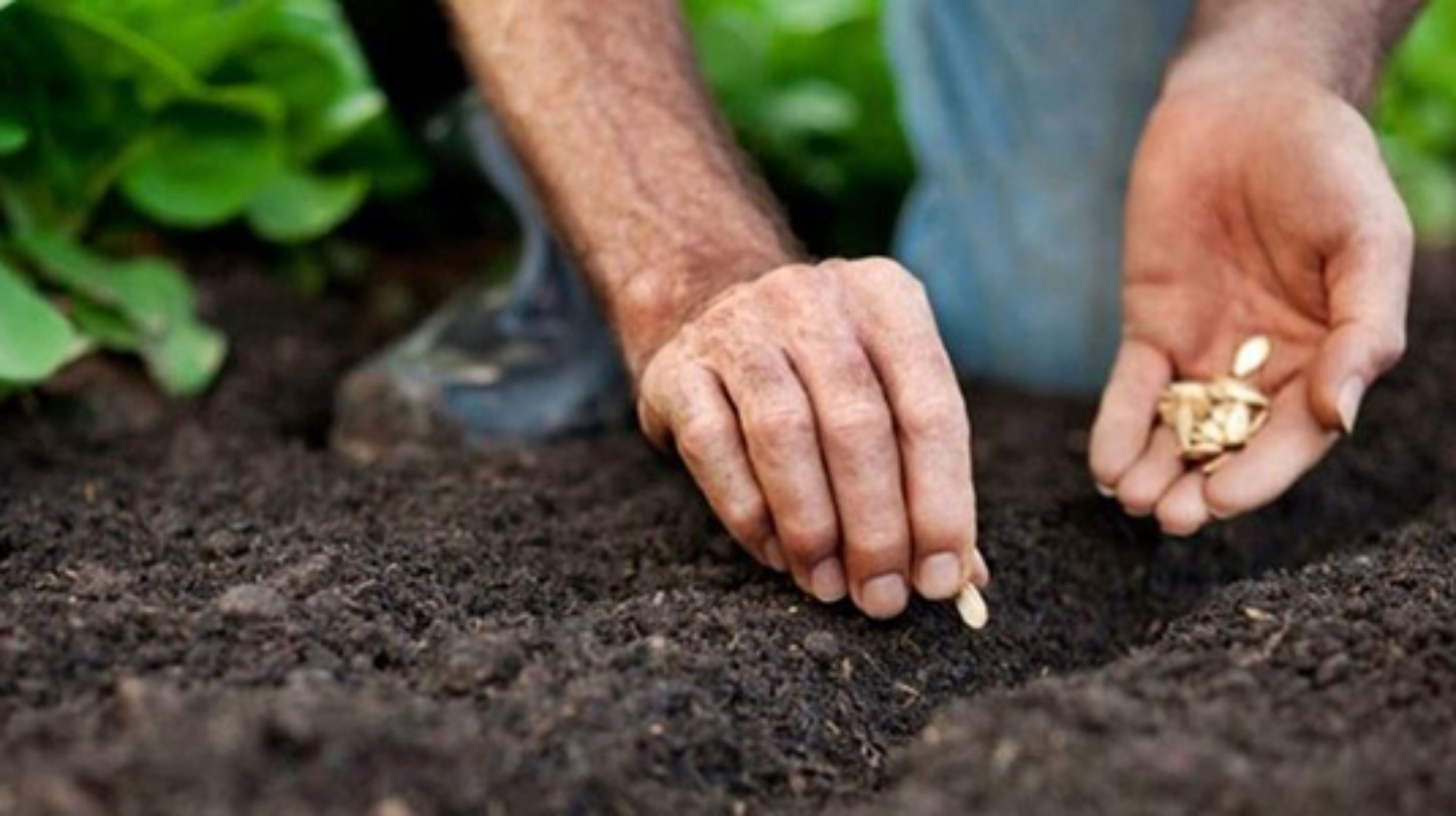Agriculture remains one of the most important pillars of Indonesia's economy, supporting millions of rural households and securing national food stability. Yet productivity challenges continue to hinder farmers across the country. Low yields, pest vulnerability, and climate-related crop failures are still common in many regions. One crucial yet often overlooked factor behind these issues is the quality of planting materials. While technology and infrastructure receive most of the attention, quality seeds are ultimately the foundation of successful agricultural development.
In various discussions with farmers and agricultural institutions, one message consistently arises. Without access to quality seeds, even the best farming techniques cannot reach their full potential. Seeds determine the genetic strength of a plant, influencing resistance to pests, tolerance to drought, and overall growth potential. This is why quality seeds are increasingly recognized as a strategic priority in achieving long term food resilience.
Why Quality Seeds Matter More Than Ever
Many Indonesian farmers still rely on uncertified seeds obtained from previous harvests or local informal markets. While this may seem cost effective in the short term, it often leads to inconsistent crop performance and higher risks of failure. Certified quality seeds, on the other hand, go through strict testing processes to ensure high germination rates and resilience against common diseases.
The Indonesian government, along with agricultural research institutions, has developed several superior seed varieties tailored for different regions. These quality seeds are designed to handle local soil conditions and climate patterns, reducing dependency on chemical inputs. Farmers who have switched to certified seeds report better yields, more stable harvests, and higher income per hectare.
However, access remains uneven. Many rural farmers still struggle to obtain quality seeds due to limited distribution networks and higher initial costs. Some seed producers are concentrated only in certain provinces, making it difficult for farmers in remote areas to benefit. To solve this issue, policy coordination between government agencies, cooperatives, and private seed companies is required.
Strengthening Seed Distribution Through Collaboration
Scaling the adoption of quality seeds is not merely a technical matter. It involves logistics, financing, education, and trust building. Farmers must be convinced that investing in quality seeds will provide returns. That confidence can be achieved through demonstration plots, farmer field schools, and success stories from fellow farmers.
Agricultural cooperatives can play a major role as intermediaries. By bulk purchasing quality seeds directly from producers, cooperatives can distribute them at more affordable prices. At the same time, banks and microfinance institutions can offer seed financing schemes with flexible repayment terms tied to harvest cycles.
Private companies are also starting to enter the seed market with innovation. Some agri startups now provide digital platforms where farmers can order quality seeds online and receive delivery within days. Others offer bundled solutions that include seeds, fertilizers, and agronomy support. These efforts show that the seed industry is moving beyond traditional supply chains.
With proper coordination, quality seeds can reach even the smallest farmers. When distribution becomes efficient, farming productivity improves not only in large plantations but also in smallholder communities that form the backbone of Indonesian agriculture.
Empowering Farmers With Knowledge And Confidence
Availability alone is not enough. Farmers must also understand how to maximize the potential of quality seeds. Incorrect planting methods or unsuitable soil preparation can still lead to disappointing results even when quality seeds are used. This is where education plays a crucial role.
Training programs, often conducted by agricultural extension officers or universities, can guide farmers on planting density, irrigation methods, and integrated pest management. Many farmers who initially hesitated eventually adopted quality seeds after attending workshops and seeing real results on demonstration plots.
Another important element is local seed production. Several farming groups are now trained to become community seed producers. They receive breeder seeds from research institutions and multiply them under controlled procedures. This ensures a consistent supply of quality seeds while reducing dependency on external suppliers.
Quality seeds are more than just inputs. They represent farmers' confidence in the future. When farmers believe that their crops have strong foundations, they become more willing to invest in better cultivation practices, better equipment, and long term planning.
Toward A Resilient And Competitive Agricultural Sector
Indonesia has set goals for food self sufficiency and agricultural modernization. Those goals cannot be reached without solid seed policies. If the country wants to compete globally, it must first strengthen its domestic production capacity through quality seeds.
Sustainable farming is not just about organic fertilizers or reduced emissions. It starts with strong genetics that require fewer chemical interventions. Quality seeds promote resilience, reduce waste, and increase profitability. They help farmers adapt to climate change without relying on costly external solutions.
Moving forward, stakeholders must treat quality seeds as a strategic investment rather than a secondary input. Incentives should be provided for local seed breeders, certification processes must be efficient, and farmers must be protected from counterfeit products. Above all, awareness campaigns should continue to reinforce the message that quality seeds are not a luxury. They are a necessity.
Quality seeds have the power to uplift entire farming communities. When yields improve, income rises. When income rises, rural economies grow. What begins as a small seed can transform into national development.
Read More






 Sunday, 01-03-26
Sunday, 01-03-26







